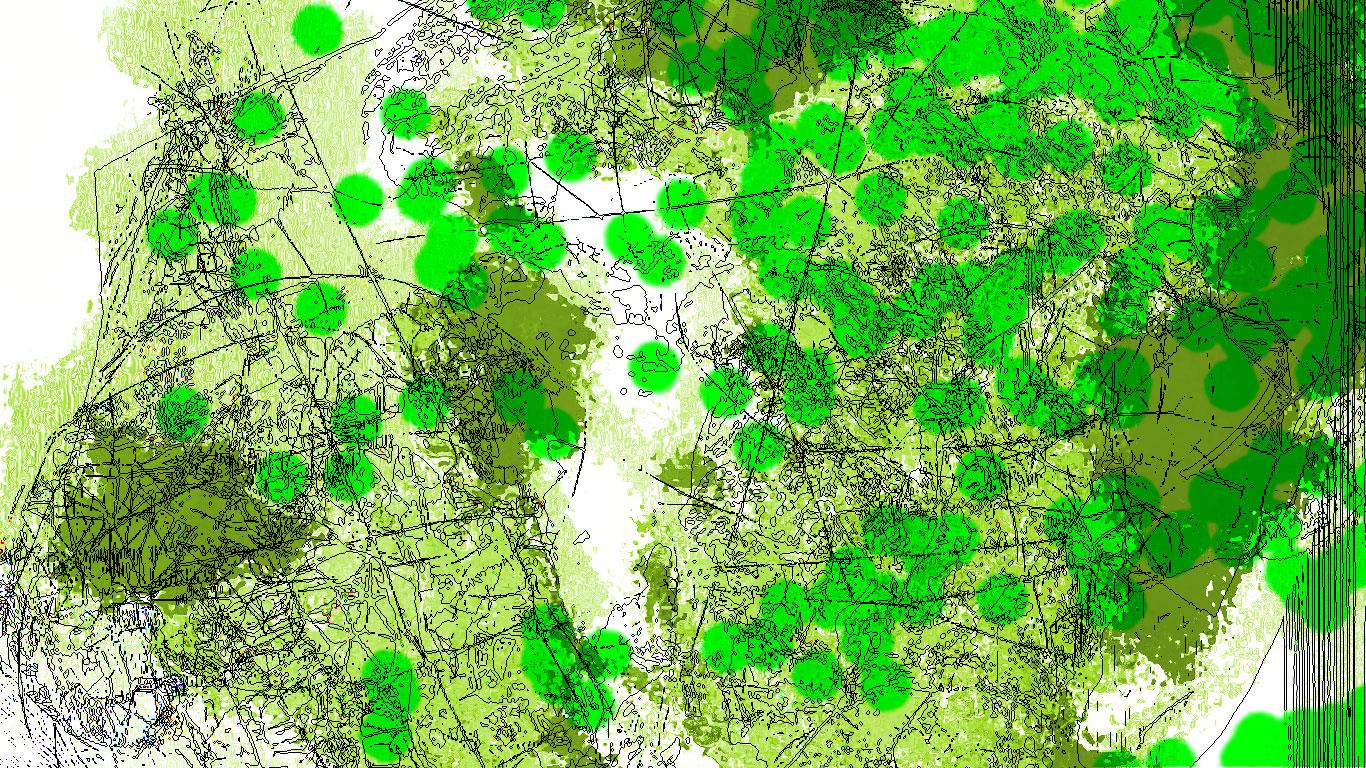Research Project Background
The dawn of Euromodernity is inseparable from a) the philosophical reengineering of the concept ‘Man’; and b) the invention of ordered, measurable (Euclidean) space, evidenced by the proliferation of projective geometry adopted in Renaissance perspectivism. This historical precedent suggests that Euromodern ‘Man’, as once purely philosophical archetype, gained operational traction (for better and for worse) because it co-emerged alongside a representational space through which to mirror his newly ‘degodded’ agencies, in particular a space to position himself, to practice himself, and from within its logics, to reason.
Succinctly put, historical epochs are not only conditioned by discursive configurations, but equally by spatial configurations that enable the making-local of said discursive concepts (localization), rendering them amenable to perception, experience, and actionability or ways of doing.
Correspondingly, if ‘the planetary’ is to mark a break from historica Euromodernity, which entails more than sheer scientific recognition, the figuration of planetary spatiality becomes imperative in order to relocalize concepts of human self- understanding, that in turn, catalyze practices of inhabitation otherwise.
Distinct from the projective geometry (and broad ethos) of Euromodernity, the planetary compels a figuration of spatial and temporal entanglement wherein human self-conception is rather wholly embedded within an Earth-System. These spaces of embedding are scale-sensitive, meaning there is not one universal space of the planetary to be discovered, instead it is about understanding ‘species’ of space, how they are nested and hang in relation to one another, distinctly, yet inseparably. Because planetary space is not universal, it is not synonymous with sheer largesse, thereby rendering what is humanly ‘local’ irrelevant. Instead, it is about asking how what is commonly understood as ‘local’ is unsettled by planetary entanglement and the high-dimensional spaces inherent to it. How would such planetary spaces of embedding affect cosmological self-narrations, or affect our understanding of causality at the juncture between historical worlds, and what sociotechnical affordances are made possible as a result?How would such spaces of entanglement recondition ways of sensing and sense-making from within such high-dimensional coordinates, thereby transforming the very delineation of ‘sites’ that anchor situated thought and activity?
Research-wise, the project will depart from investigations into topological spaces with guidance from mathematicians, considering the complexity of spatial modeling that has been developed over the last 70 years within the field.

